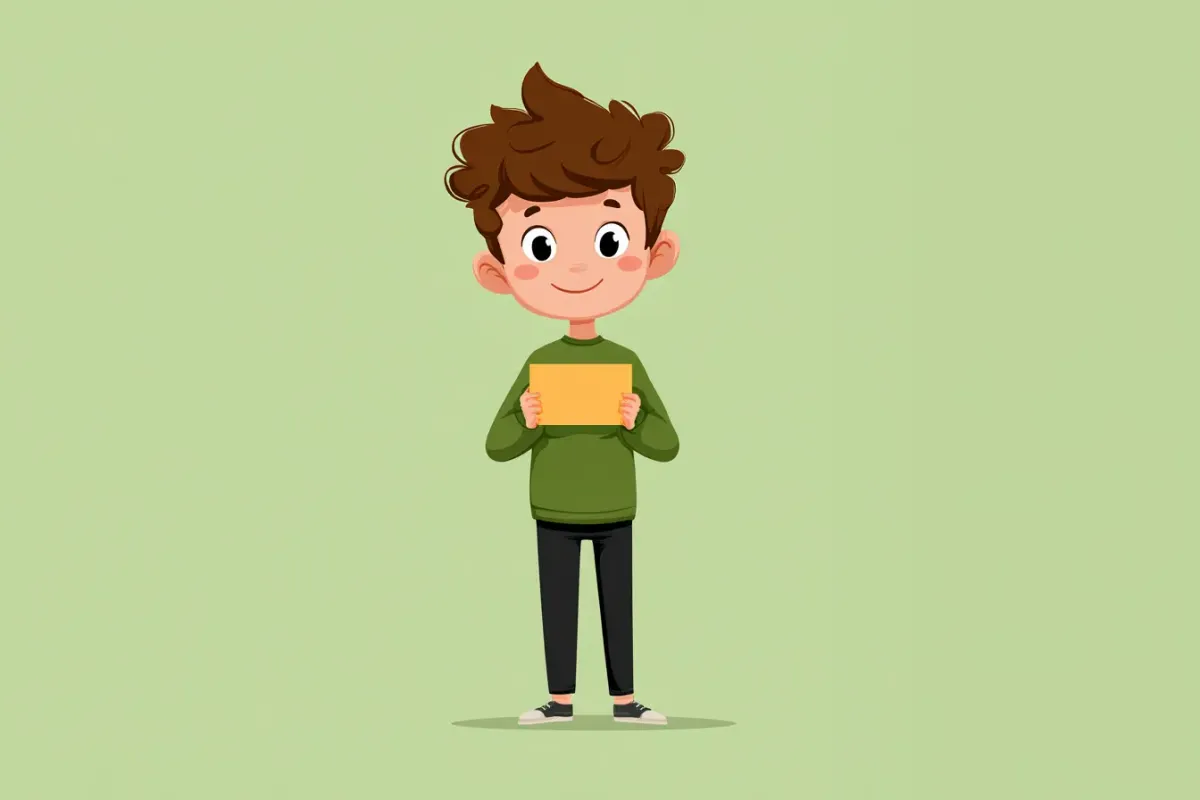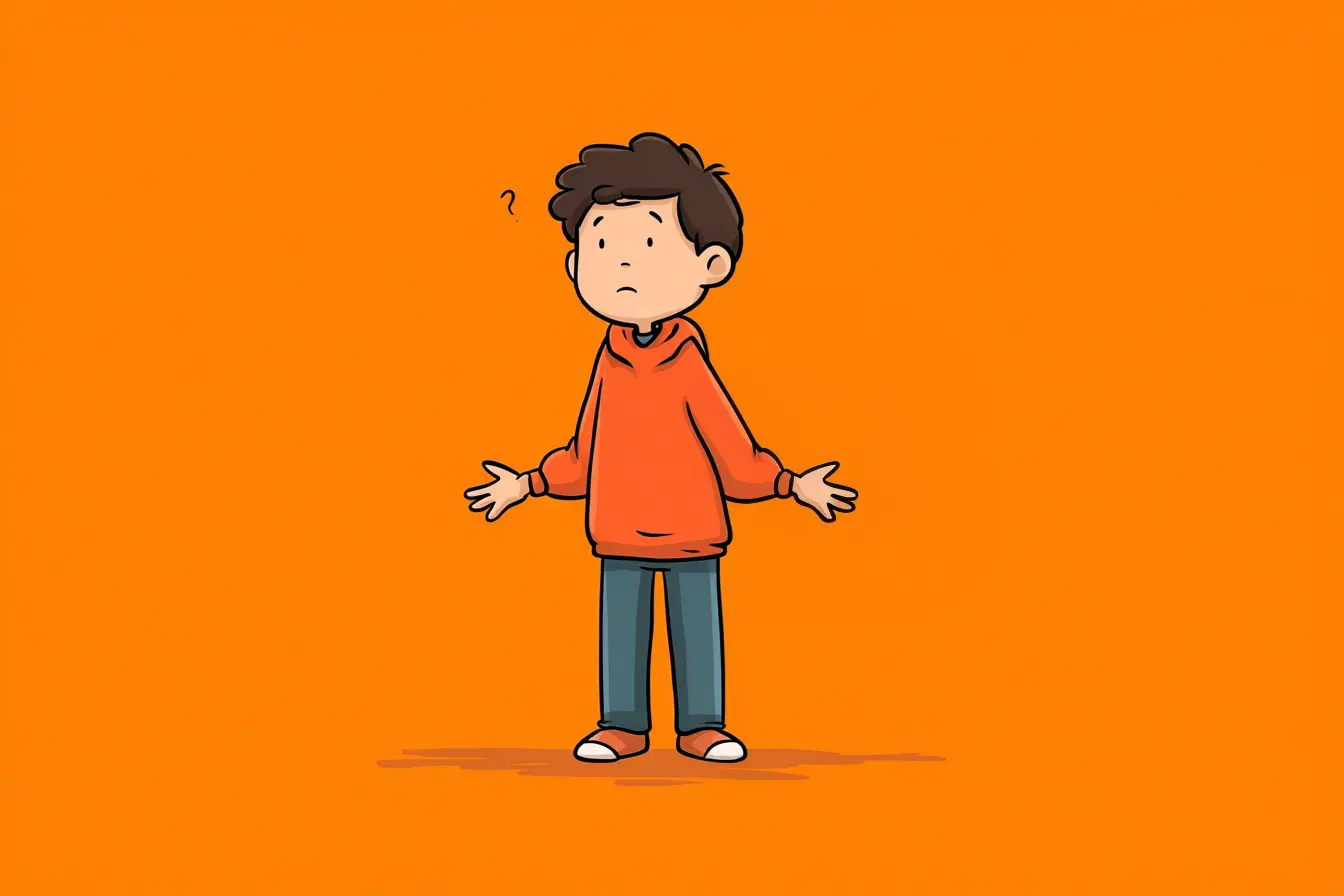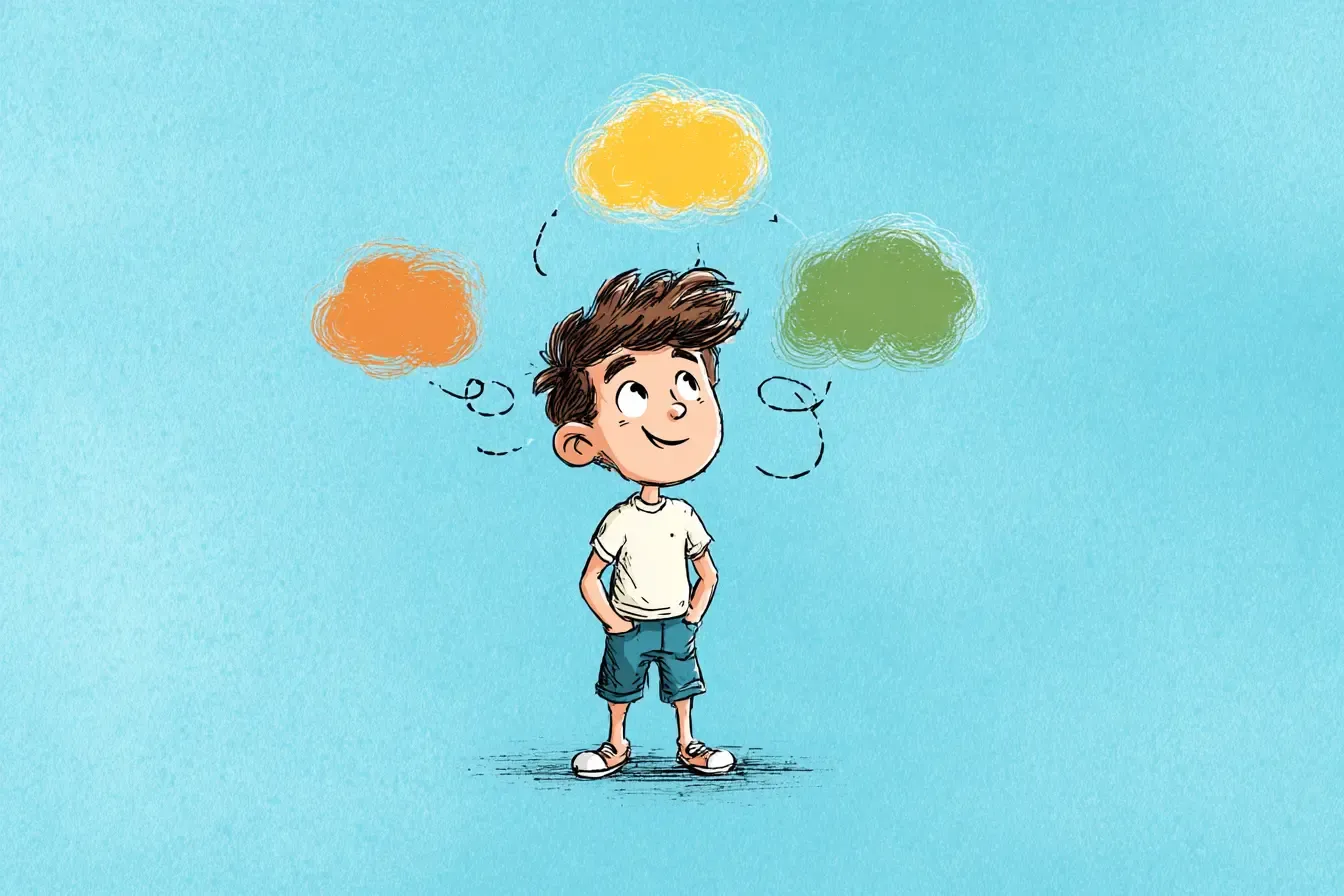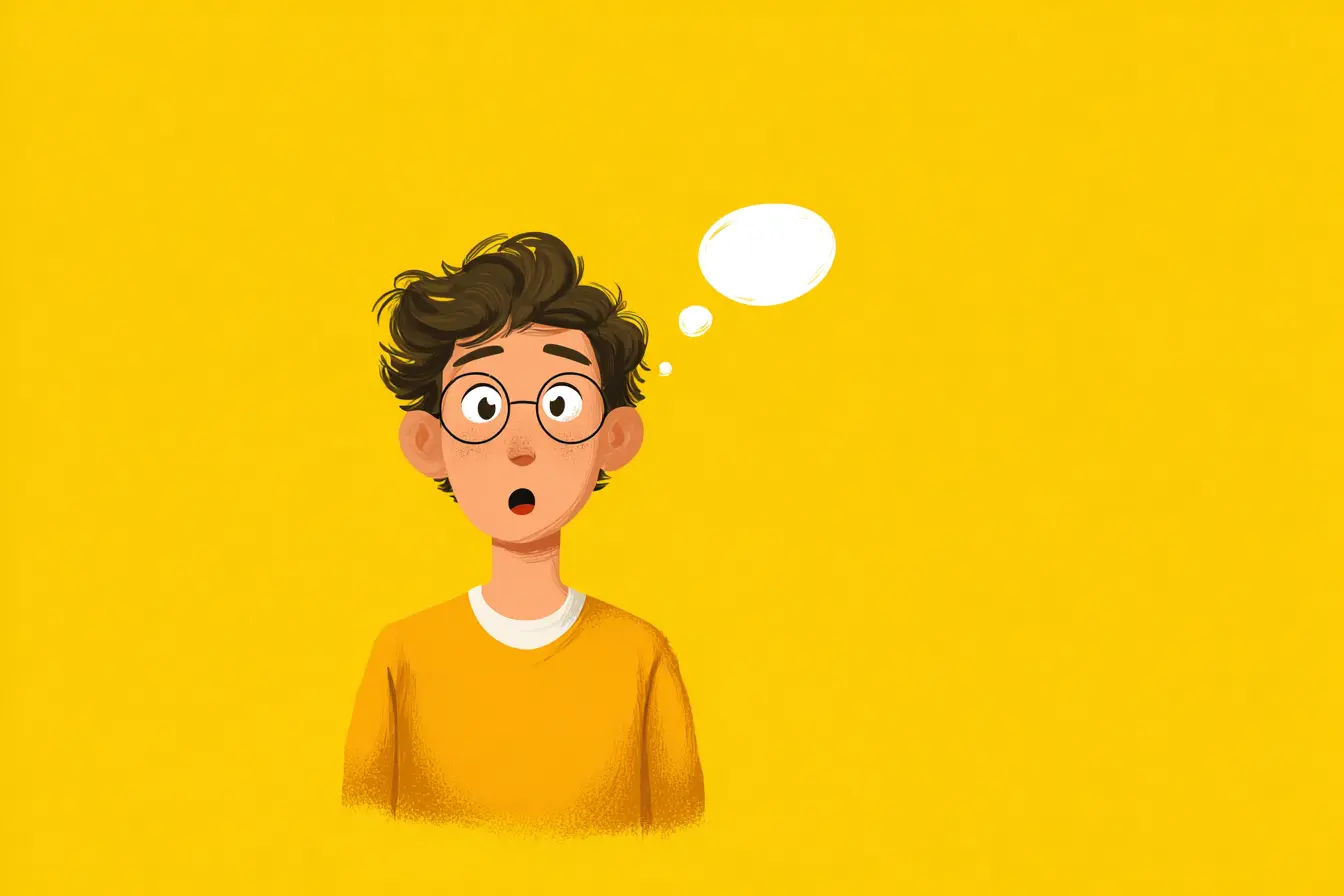Want to learn a new language but tired of forgetting words as soon as you close the book? Flashcards might be your secret weapon! They turn boring word lists into a fun, quick game that keeps vocabulary fresh in your mind. With modern apps, you don’t need to carry around stacks of paper cards. Your phone can track your progress, remind you when to review, and even incorporate games, audio, and videos. But with so many apps available, which ones are really worth your time? Let’s find out!
Comparison Table of the Top Language Learning Apps
Below you’ll find a quick comparison of some of today’s most popular apps. Notice how most apps do one or two things really well, while only a few, like EWA, bundle multiple learning tools into a single experience.
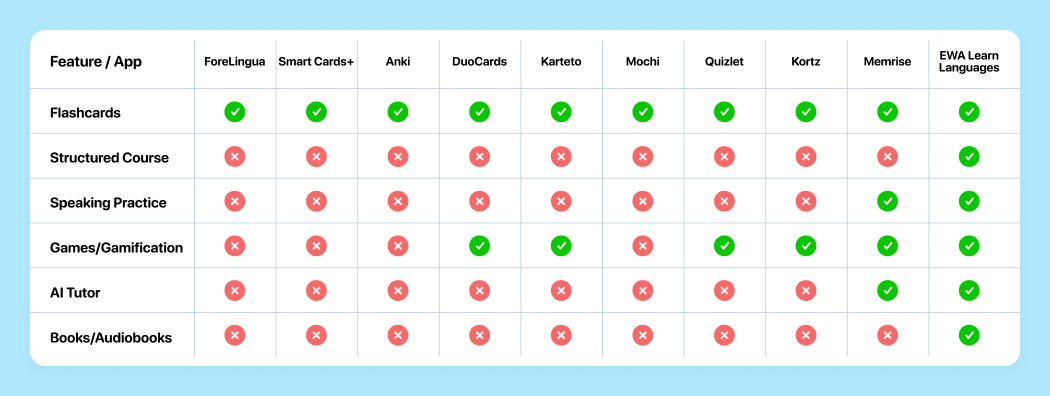
A Closer Look at the Top Flashcard Apps
EWA Learn Languages
What it is: A comprehensive language learning app that goes far beyond traditional flashcards. It integrates vocabulary study with immersive tools like structured lessons, an AI speaking tutor, adapted books and audiobooks, and interactive games, making it one of the most complete solutions on the market.
Strengths: Over 40,000 flashcards powered by spaced repetition; structured A1–B2 courses designed by professionals; AI tutor for realistic speaking practice with instant feedback; vast library of adapted books and audiobooks with tap-to-save flashcards; interactive games such as Wordcraft and Memento to reinforce learning; movie and TV-based lessons for authentic context; detailed progress tracking with daily goals and reminders.
Limitations: No significant global drawbacks.
Best for: Learners who want an all-in-one app covering vocabulary, speaking, reading, listening, and cultural immersion instead of just flashcard drilling.
Platforms: iOS, Android.
Anki
What it is: The classic open-source Spaced Repetition System (SRS) app used by serious learners, with SM-2/FSRS scheduling, cloze deletions, templates, tags, images/audio/video, and a massive ecosystem of shared decks and add-ons.
Strengths: Unmatched control; scales to huge decks; imports/exports easily.
Limitations: Not very user-friendly at first; interface looks plain; ready-made decks from other users can vary a lot in quality.
Best for: Builders/tinkerers who want total control over cards and scheduling.
Platforms: Windows, macOS, Linux, Android, iOS.
Memrise
What it is: Flashcards plus short clips of real people saying the words/phrases.
Strengths: Fast lessons; memorable video; decent pronunciation practice; official and community courses.
Limitations: Editing your own cards is lighter than in Anki; grammar depth varies by course.
Best for: Learners who want real-world sound + visuals to anchor new words.
Platforms: iOS, Android, Web.
Quizlet
What it is: A very friendly way to build or borrow “sets,” then study with multiple modes (Learn, Test, Write, Match, etc.).
Strengths: Huge public library; smooth collaboration; audio/images; quick for teachers.
Limitations: Not a pure SRS planner; public sets vary in quality; some study modes are paywalled.
Best for: Classrooms, study groups, and anyone who wants zero-friction set creation.
Platforms: iOS, Android, Web.
ForeLingua
What it is: Prebuilt flashcards for 100+ languages with a focus on sentences and CEFR levels (A1–B2).
Strengths: Minimal setup; sentence exposure improves context and grammar intuition; audio support.
Limitations: Less freedom to tweak formats than “builder” apps; advanced levels may feel limited.
Best for: Beginners–intermediates who want structured, sentence-based input fast.
Platforms: iOS, Android, Web.
Kortz
What it is: A newer app centered on spaced-repetition and the classic Leitner system.
Strengths: Clean UI; create/share decks; images; points/streaks make reviews feel like a game.
Limitations: Smaller deck ecosystem; fewer advanced editor options than Anki.
Best for: Learners who stay motivated by streaks and quick, game-like sessions.
Platforms: iOS, Android.
Karteto
What it is: A vocabulary app with spaced reminders, themes, TTS pronunciation, images, and custom decks.
Strengths: Simple setup; helpful review notifications; supports many languages.
Limitations: Less focus on sentences/grammar; smaller community content.
Best for: Daily vocabulary growth with minimal setup.
Platforms: iOS, Android.
Mochi
What it is: Markdown-friendly cards, tags, and spaced repetition that play nicely with your notes.
Strengths: Offline-first; great for turning reading notes into cards; images; auto-translate helpers.
Limitations: Smaller shared-deck scene; more DIY than course-based apps.
Best for: Self-directed learners who build decks from books/articles.
Platforms: iOS, Android, Web/Desktop.
DuoCards
What it is: Flashcards built around capturing words from apps or the web with instant translation.
Strengths: Swipe/tap workflow; perfect for learners who read or watch a lot and want to save unknown words on the fly.
Limitations: Works best alongside other studies; deeper grammar/speaking practice is limited.
Best for: Readers, YouTube/news watchers, and travelers.
Platforms: iOS, Android, Web (browser extension).
SmartCards+
What it is: A polished SRS app that lets you import Anki/Quizlet decks and track detailed stats.
Strengths: Multimedia cards, flexible scheduling, strong analytics.
Limitations: Smaller content library than the big communities; iOS-centric experience.
Best for: Data-driven learners and test prep.
Platforms: iOS.
Why Flashcards Work: The Science Behind Them
The benefits of studying with flashcards are supported by substantial cognitive science research. The key is spaced repetition, a learning technique where you review information right before you’re about to forget it. Each review strengthens the memory and helps you recall more quickly and for a longer period.
- Studies have shown that spaced repetition can increase long-term retention by up to 200% compared to traditional study methods.
- Research from the University of Waterloo found that students using flashcards were able to learn vocabulary 40% faster than those using word lists.
- A meta-analysis published in Educational Psychology Review confirmed that retrieval practice (like testing yourself with flashcards) consistently improves retention better than re-reading notes.
Flashcard apps make memorizing words faster and easier, but if you want the most comprehensive experience, EWA stands out as the best choice.
FAQ
1. Are flashcards really effective for learning a language?
Yes, and there’s science to prove it. Flashcards use spaced repetition, a method that helps you review information just before you’re about to forget it. This timing strengthens memory and boosts long-term retention. Studies show that learners using flashcards can memorize vocabulary up to 40% faster than those studying with word lists or textbooks.
2. How are digital flashcard apps better than traditional paper cards?
Digital flashcards go far beyond simple word-and-translation cards. Modern apps track your progress, automatically schedule reviews, and use audio, video, and games to keep learning engaging. You can study anywhere, anytime, and many apps even adapt to your learning speed.
3. Which flashcard app should I start with as a beginner?
If you’re new to learning languages with flashcards, start with an app that offers guidance and variety. EWA Learn Languages is a great choice because it combines flashcards with courses, books, audiobooks, and even an AI speaking tutor. So you’re not just memorizing words but actually using them in context.


